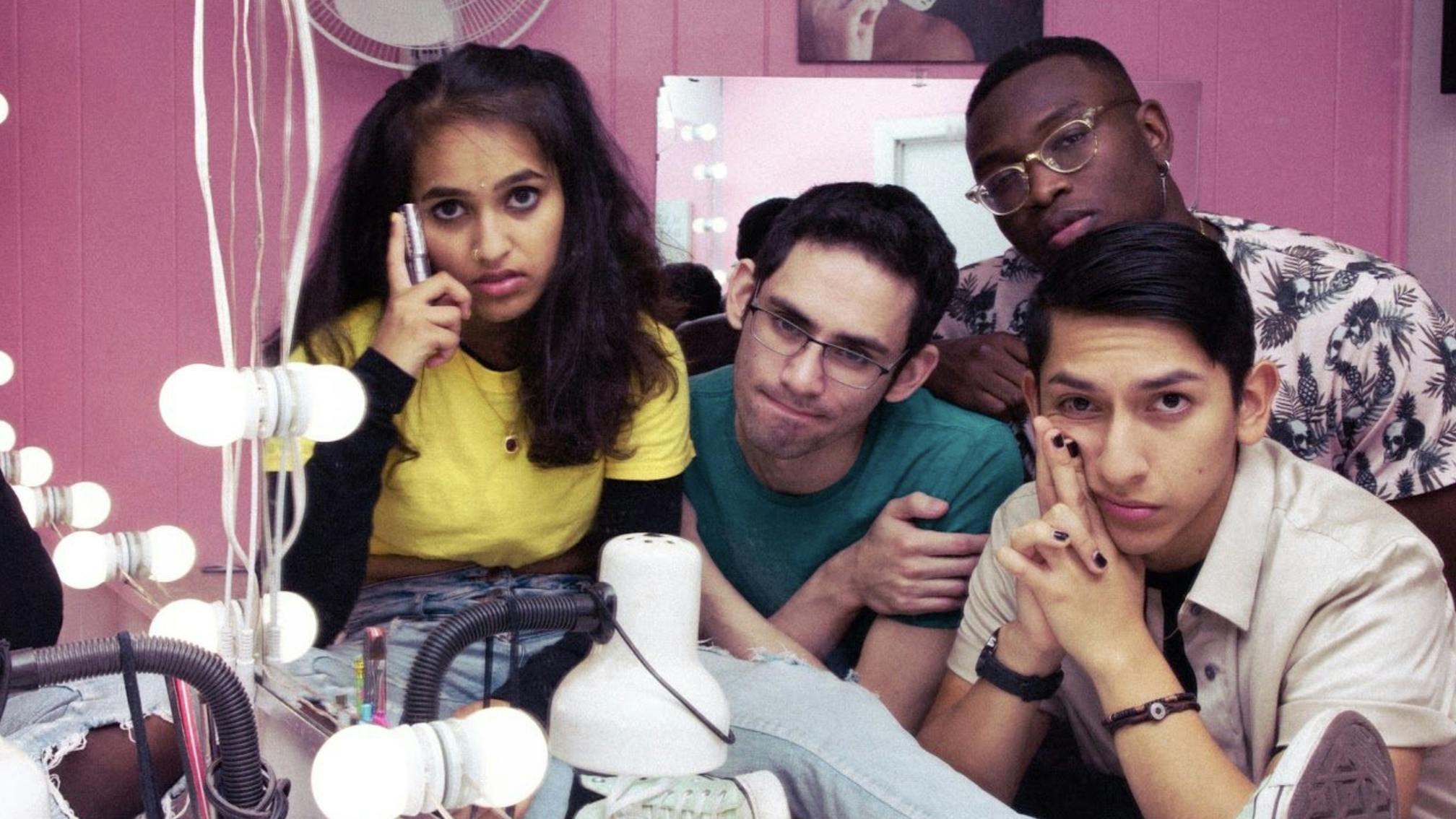The conventions of pop-punk are also being tested. Sure, it’s perhaps not as surrealist as the aforementioned Jazmin Bean, but the rules of the genre are bending and breaking. While there will always be purists who believe blink-182 and Green Day are among the only true pop-punk bands, the new generation are not tied to what came before, experimenting with the sound and even the very definition of pop-punk.
"I think pop-punk is moving towards either a renewed version of itself or it'll just be rock. I think there's gonna be a 2020s pop-punk and a 2010s pop-punk, you know what I mean?” says Ashrita, referencing bands who are incorporating trap, hyperpop, math-rock and even cabaret into their music. "Once you stop gatekeeping, when it's not just white dudes, you have so many more backgrounds and different influences coming into this genre.”
But where will pop-punk go from here?
"I just hope that the idea of being inclusive isn't a trend, which I don't think it is,” she begins. “Hopefully it'll bring even more talent, more young people, more diverse people into the space and make people feel even more seen. It's cool hearing, 'Damn you're the first person that looks like me that I've ever seen in this space,’ but hopefully it'll become normal. Instead of focusing on our identities, we won't have to anymore because we'll be the new normal. It'll be weird if the majority is straight white dudes!”
Pinkshift are just one of a new generation of bands ready to reclaim the genre and make it their own – and pop-punk will be all the better for it. In Ashrita's words: "At the end of the day, it really is the audience that makes it; the audience can demand whatever they want.”
The pop-punk revolution is here, and Pinkshift are leading the charge.
